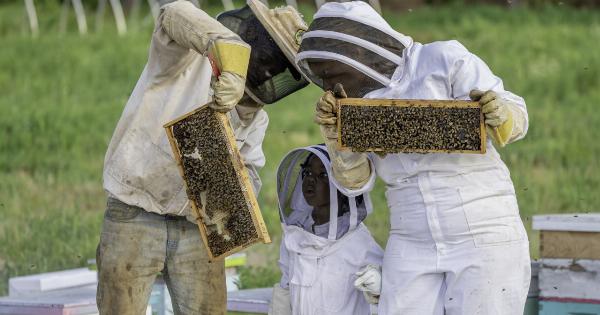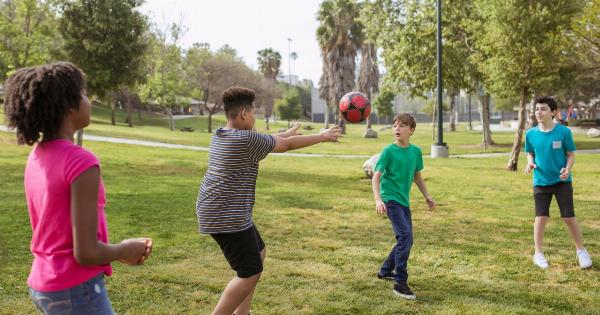Talking to kids about sex can be a difficult and uncomfortable topic for many parents. However, it is important to start the conversation early on to ensure that your child is properly educated and protected.
Sex education is not just about the physical act itself but also about relationships, consent, and understanding one’s own body. By starting the conversation early on, parents can equip their children with the knowledge and tools they need to make informed decisions about their bodies and relationships.
Starting Early
It’s important to start talking to your kids about sex early on before they start learning misconceptions from their peers or the media.
Experts recommend starting the conversation around the age of 4 or 5, depending on your child’s level of curiosity and understanding. At this age, parents can start by identifying body parts by their proper names and explaining how bodies are different.
As children get older, parents can start discussing more complex topics such as puberty, menstruation, and reproduction. It’s important to use age-appropriate language and to be honest and open with your child.
It’s also important to listen to your child’s questions and concerns and provide accurate information.
Teaching about Consent
Teaching kids about consent is an important part of sex education. Children need to understand that they have the right to say no to any physical contact that makes them uncomfortable.
It’s important to teach children about personal boundaries and how to set them. For example, you can teach your child to say “stop” or “no” if someone is doing something they don’t like.
It’s also important to teach your child about respecting other people’s boundaries.
Children need to understand that they should always ask for permission before touching someone else’s body, and that it’s not okay to pressure someone into doing something they don’t want to do.
Discussing Relationships
Talking to your child about relationships is an important part of sex education. Children should understand what healthy relationships look like and how to communicate effectively with others.
Parents can teach children about the importance of respect, honesty, and trust in relationships.
It’s also important to talk to your child about dating violence and how to recognize the signs of an unhealthy relationship.
Children need to understand that they deserve to be treated with respect and that they should never tolerate any form of abuse.
Teaching Safe Sex
Teaching kids about safe sex is an important part of sex education. Kids need to understand how to protect themselves and their partners from sexually transmitted infections (STIs) and unintended pregnancy.
It’s important to teach children about different forms of contraception and how to use them effectively. Parents can also discuss the importance of regular STI testing and how to practice safe sex in a relationship.
Encouraging Open Communication
Encouraging open communication with your child is key when it comes to sex education. Parents should create a safe and non-judgmental environment where their child feels comfortable asking questions and sharing their concerns.
It’s important to listen to your child without interrupting or dismissing their concerns. Parents should also be willing to provide accurate and honest information about sex and relationships, even if it’s uncomfortable or awkward.
Model Behavior
It’s important for parents to model healthy behaviors when it comes to sex and relationships. Parents should show respect for their partners and practice safe sex. Children learn by example, so it’s important for parents to set a good one.
Parents can also talk to their children about their own experiences and mistakes when it comes to sex and relationships.
By sharing their own stories, parents can show their children that it’s okay to make mistakes and that they can always come to their parents with questions or concerns.
Conclusion
Talking to kids about sex can be uncomfortable, but it is important for their safety and well-being.
By starting the conversation early on, teaching about consent and healthy relationships, discussing safe sex, encouraging open communication, and modeling healthy behaviors, parents can equip their children with the knowledge and tools they need to make informed decisions about their bodies and relationships.


























